What Happens if You Don’t Pay Student Loans?
There are currently 43.2 million Americans in debt with student loans. The average debt is $39,351. The total student loan debt in the United States is increasing six times faster than the country’s economy, which means loan repayment is even more stressful than it used to be. College alumni have to give big chunks of their monthly salaries to debt settlement. And besides this, they still have to pay rent and other expenses.
We know it can be super tough with debt breathing down your neck, but what happens if you don’t pay student loans back in time? Is it really that bad? In short, yes — much worse than a lapse in payment on your credit card bill. The consequences can be detrimental. Luckily, you do have options before it gets to that point. Read on to find out what options there are for your debt situation.
The Effects of Not Paying Off Student Loans
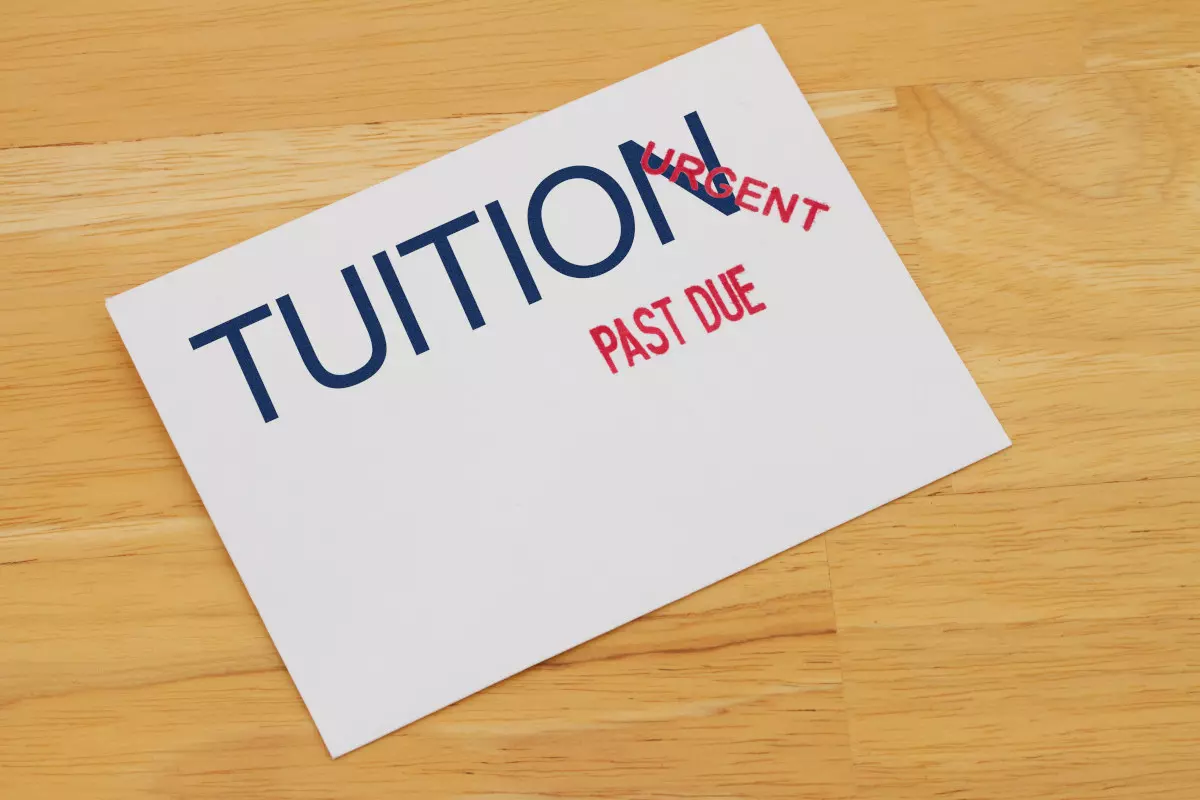
Penalties for missing payments will depend on what kind of loan you have. No matter what loan you choose, you can expect to face some serious consequences that can lead to a defaulted loan, damaged credit, and having to deal with debt collectors.
Private Loans
Because each private creditor’s terms and conditions can vary, the penalties for not repaying private student loans on time can likewise vary. However, that doesn’t mean they shouldn’t be taken seriously. Here are some common outcomes you can expect should you fail to repay private student loans:
- Loans become delinquent the day after your first missed payment (and stays delinquent until you catch up).
- You are reported to credit bureaus when your payment is 30 days overdue (compared to 90 days for federal loans). This will impact your credit score, which has a huge influence on your financial future.
- Loans enter default at 120 days past due (compared to 270 days for federal loans). Your credit score will be even more damaged if you enter default.
- You may be subject to wage garnishment.
Federal Loans
There are standard penalties for not repaying federal student loans. Student loan repayment starts when you get your college degree and leave the university. Because the government is involved, you can expect that a missed payment will not go unnoticed, nor will it go unpunished. Here is a timeline of what will happen if you miss payments on your federal loans:
After Graduation
Federal student loan borrowers are granted a grace period of six to nine months. This is because it can take time for recent graduates to find jobs and stable incomes. Note that interest still accrues during the grace period.
15 Days Overdue
According to FAFSA, as soon as you miss even one student loan payment, your federal student aid is considered delinquent. However, Persis Yu, the director of NCLC’s Student Loan Borrower Assistance Project, said that many federal student loans give borrowers a 15-day grace period after each repayment deposit. This means that if you can’t pay student loans for the first two weeks after the deadline, the consequences might be mild. But if you’re late for more than 15 days regularly, your credit may start to take a hit. Once that happens consistently, rebuilding a good credit score will be challenging.
90 Days Overdue
When your financial aid payments are 90 days past due, you will likely be reported to a credit bureau. This will noticeably damage your credit rating and significantly decrease the chances of acquiring new loans. In addition, credit companies may automatically deny your loan applications or, in the best-case scenario, accept them only at very high interest rates.
Having a delinquent loan status can hurt you in other areas of your life as well. For example, a low credit score may affect your employment offers. Many companies run credit checks, and a poor credit score may discourage them from hiring you. It can also be problematic when trying to find housing, cell phone service, or credit. If you can find these services, you may be required to pay a hefty security deposit.
270 Days Overdue
When you get to 270 days past the deadline, your loan officially goes into default. Your financial aid debt will likely be passed to a collection agency. The debt collector may call you, your family, and possibly your employer. If this proves to be unsuccessful, the government may get personally involved.
When the government steps in, it’s not like armed FBI troops will break into your room at 4 in the morning. Instead, they usually garnish your salary and arrange for your employer to transfer a part of your wage directly to repaying the loan. They typically take approximately 15% of your monthly salary but can seize your entire tax refund. They do not need a court order to do this. In some states, the government is entitled to take away your driver’s license, too. They usually give a 30-day prior notice before garnishing, giving the borrower the right to appeal.
How to Get Out of the Situation?
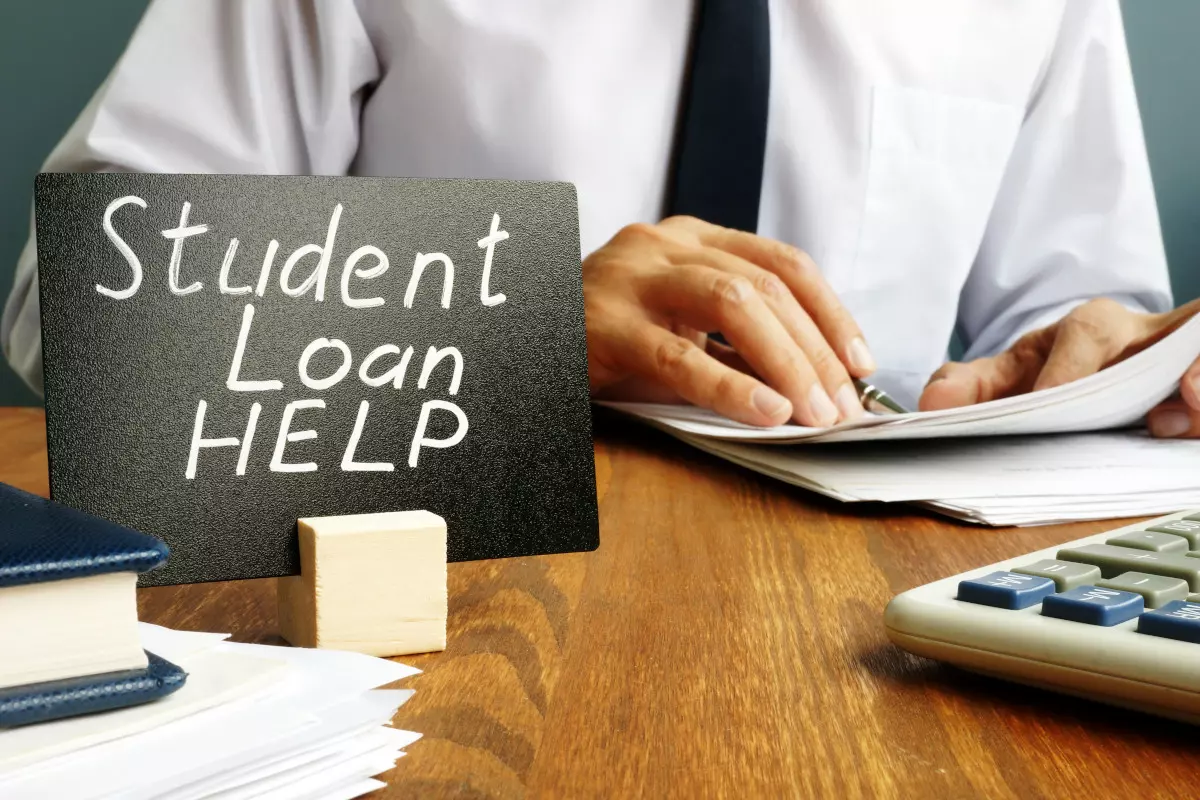
If you can’t pay your student loan back in time, it’s not the end of the world. But the sooner you start taking action, the easier it will be to get out of that unpleasant situation.
Until Sept. 30, 2021, all federal loan payments are paused. You are not required to make payments to your financial institution, and interest will not accrue. After this date, payments will resume as scheduled.
If you find yourself struggling to make payments, here are some steps you may be able to take.
Change Your Repayment Plan or Refinance
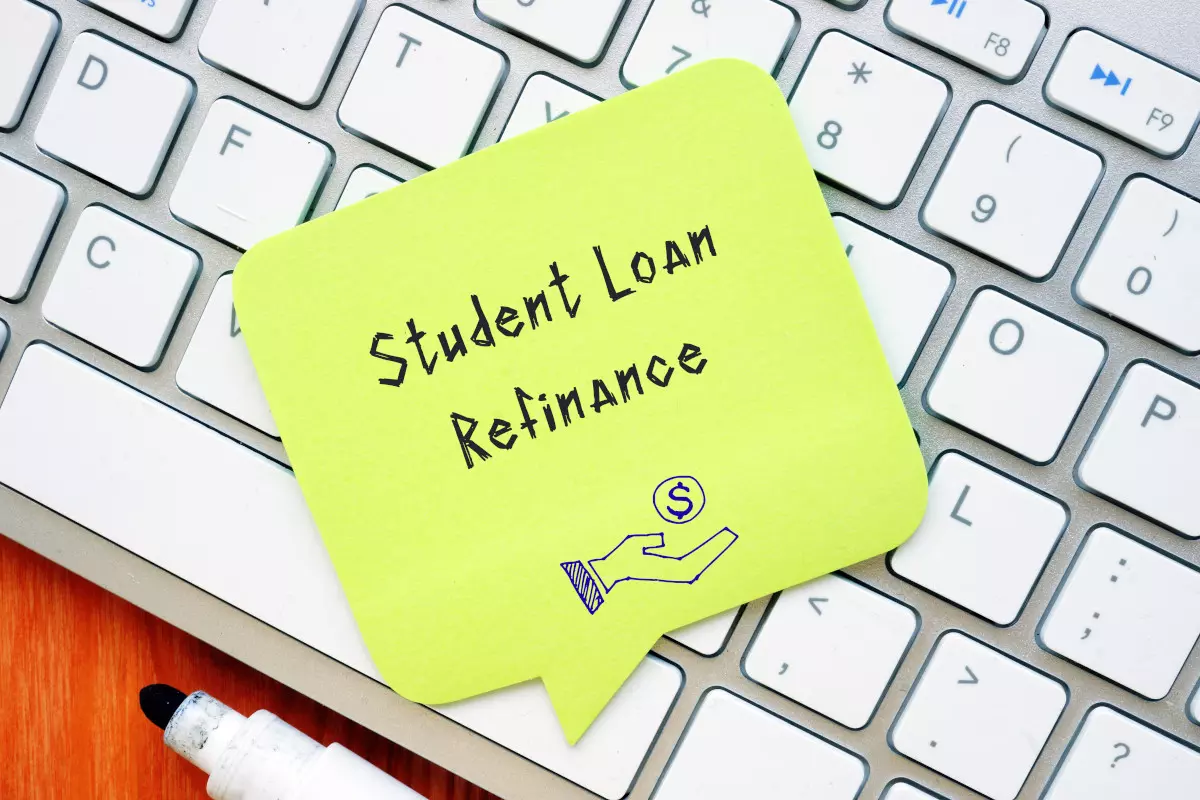
If your repayment schedule isn’t working for you, the first thing you should do is change your plan for free to the one you can afford. Federal loans may have repayment options you can switch to. They can be happy to provide you with other choices to incentivize you to pay them.
Usually, federal loans are a commitment of up to ten years in term, but if you’re still at least $30,000 in debt after ten years, you can refinance the term for up to 15 extra years. Federal loan repayment plans ensure that your monthly payment does not surpass some fixed percentage of your income.
In some cases, consumers may take out a direct consolidation loan, which combines your various loans into one loan with singular terms and conditions.
However, if you feel like you still won’t be able to make regular monthly payments even after refinancing the loan, you may want to look into alternative payment options.
Get Deferment or Forbearance

A loan deferment gives you a timeout and freezes your monthly payments along with interest for some time. If you feel like you can’t afford to pay a student loan now, you can apply for deferment until you get back on your feet financially. Only subsidized federal loans are eligible for deferment. This type of repayment assistance is available to people in the following situations:
- Prove to be in financial hardship
- Be unemployed and actively searching for a job
- Enrolled in an educational institution (full-time or half-time)
- Enrolled in a graduate fellowship program
- Serving in the military
- Be part of an approved rehabilitation program for disabled people
Loan forbearance is quite similar to a deferment, except that interest still accrues during your timeout. It also allows you to reduce your payments for a little while instead of freezing them completely. Forbearance is usually easier to get, but you still need to present the loan service with proof of economic hardship.
Apply for Student Loan Forgiveness

If you can’t pay your student loan completely, you should consider taking a job in the public sector. For example, you can become a teacher, public service worker, or nurse. Of course, seeking out these careers after taking out a loan doesn’t make much sense, as you’ll likely need to obtain higher education (which will entail more loans). However, if you are already in a career that might qualify for student loan forgiveness, you may want to consider seeking out a job that will grant you this. Even if you do take a job in the public sector, it doesn’t mean you will have your loans forgiven in full. Joining the U.S. Armed Forces will also qualify you for loan forgiveness, but again, do not expect your loans to be repaid in full.
Increase Income and Cut Expenses
It’s easier said than done, but at the minimum, creating (and sticking to) a budget, taking on another source of income, and cutting down on spending is the most straightforward way to make repaying your loans easier. It will be tough at first, but at least it can help you get back on the horse and get at least some portion of the student loan off of your chest. Thankfully, there are plenty of ways to earn extra money on the internet. Online tutoring, customer support, or freelancing can be done on your schedule.
Types of Student Loans
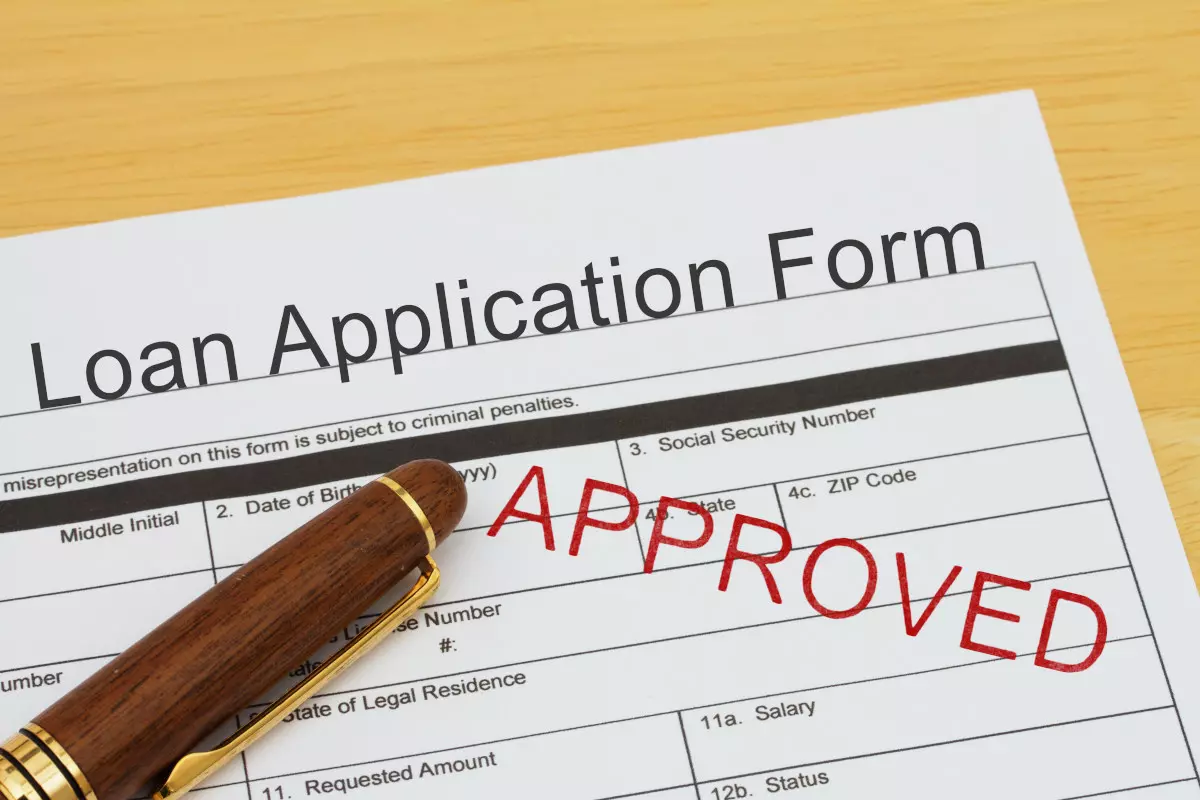
There are three types of student loans: federal, private, and refinanced. Choosing the right one depends on your economic situation, education longevity, and credit history. Here is a breakdown of all three kinds.
Federal Student Loan
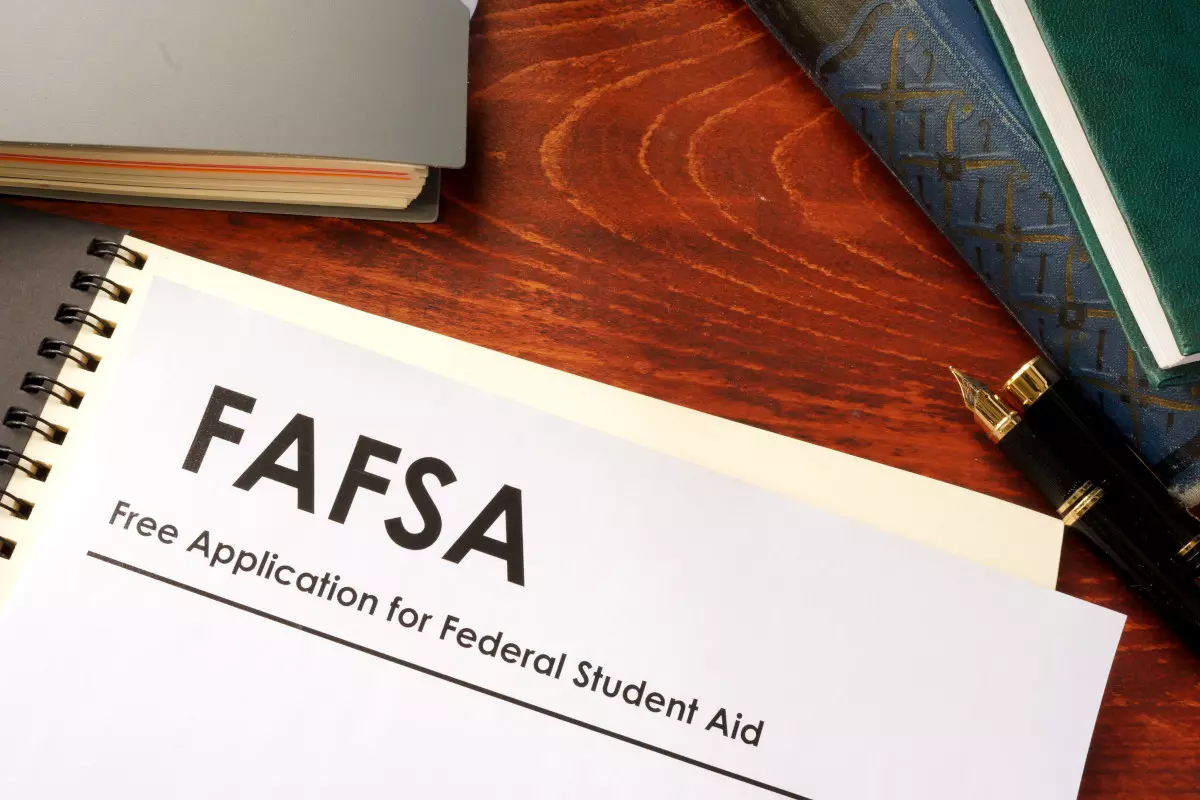
A federal student loan does not require you to have any credit history or a co-signer. Each year, Congress sets the interest rates, which are the same for everyone regardless of credit score. You can tie the loan repayment to your income, and if you find a job in the public sector, you can have your loan forgiven after 10 years of working full-time.
These are the main types of federal loans available to students:
- Direct subsidized loans: This direct loan is a standard option for undergraduate students in need of financing. These loans are preferable to other types of loans, like unsubsidized loans, because the government pays the interest rate over the course of your education, as well as in the grace period after you graduate. This can save you a lot of money. To be eligible, you will need to demonstrate financial need. Eligibility and the maximum borrowing amount will also vary by your college or university.
- Direct unsubsidized loans: This option does not require financial hardship. Having a credit history is not mandatory for direct unsubsidized loans, either. This type of loan is more expensive than a subsidized loan. Direct unsubsidized loans are available to both undergraduate and graduate students.
- PLUS loans: PLUS loans are accessible only to graduate students and their parents. They usually have higher interest rates than the previous two types, and the government will require a credit check. Borrowers with poor credit repayment histories can apply with a co-signer.
Private Student Loan
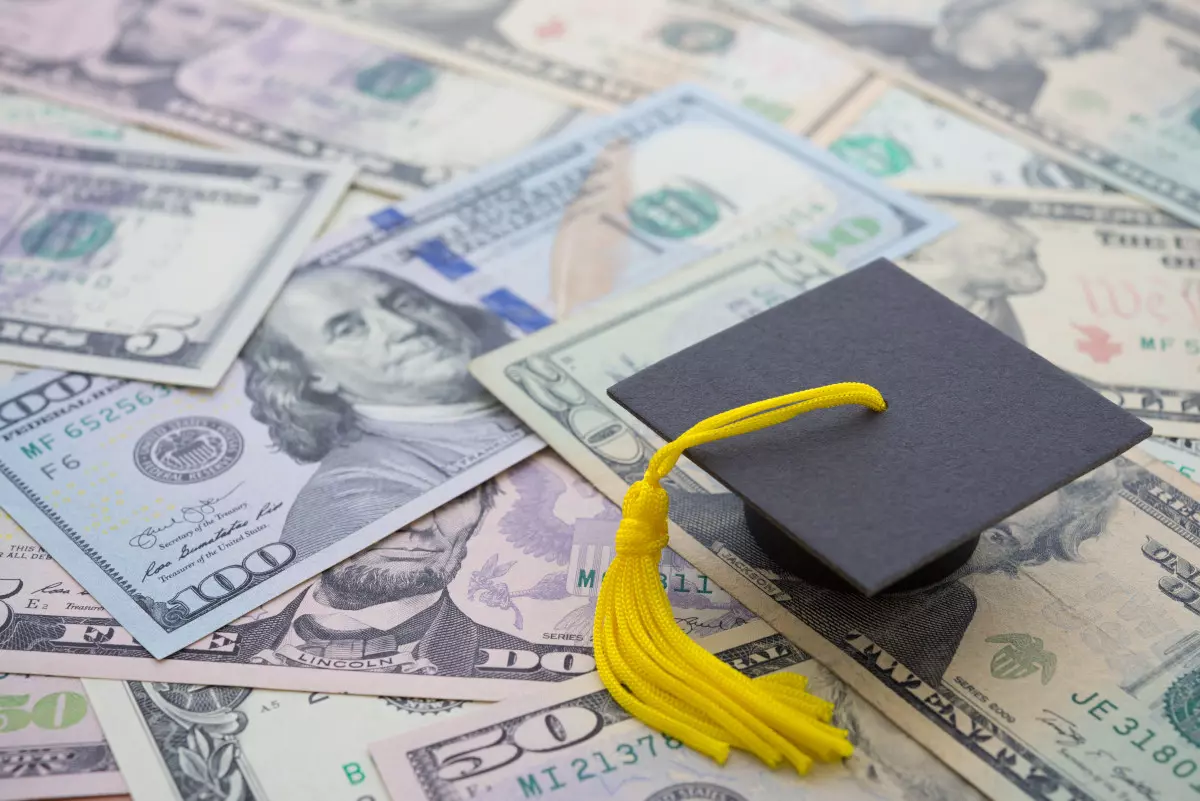
Banks and other financial institutions, as well as individual sponsors, may offer student loan products. A private loan servicer always does a thorough credit check. If you don’t have any credit history, you can potentially qualify with a co-signer, who will take responsibility for your student debt if you don’t pay it back.
Here are some typical private student loans:
- Medical school loans: Med schools are some of the most expensive colleges. Private lenders may offer loans with lower interest rates than the federal government. The drawback is that loan forgiveness is not an option.
- Bar exam loans: Bar loans help law students cover other expenses beyond law school tuition, such as living expenses, prep classes, and bar exams.
- Bootcamp loans: Some lenders work with coding Bootcamp programs to offer loans specifically created for Bootcamp students. These loans offer low-interest rates and more favorable repayment options. Sometimes, loans are not even necessary because many programs offer an income-driven repayment plan. This means that the program does not require tuition payments until you’ve landed a job. You may also be able to enter into an income-share agreement.
- International student loans: This is a special student loan program designed for non-U.S. citizens. People planning to move to the U.S., or those that are residents but not citizens yet, can apply for these loans. Most lenders will require a co-signer who is a U.S. citizen.
- Income share agreements: These are not loans. It is a contract that relies on an income-based repayment plan, meaning that the lender will not require a student loan repayment until the borrower has secured a job and stable income post-graduation. Most students who choose an income-based repayment plan pursue a high-paying career, such as in programming.
Student Loan Refinancing
Student loan refinancing is available to borrowers who have already graduated and make their payments on time. With a refinancing, a private lender offers to pay your remaining debt and gives you a new repayment plan, usually with much lower interest. Your credit score may need to be over 690 to qualify for loan refinancing.
Final Thoughts
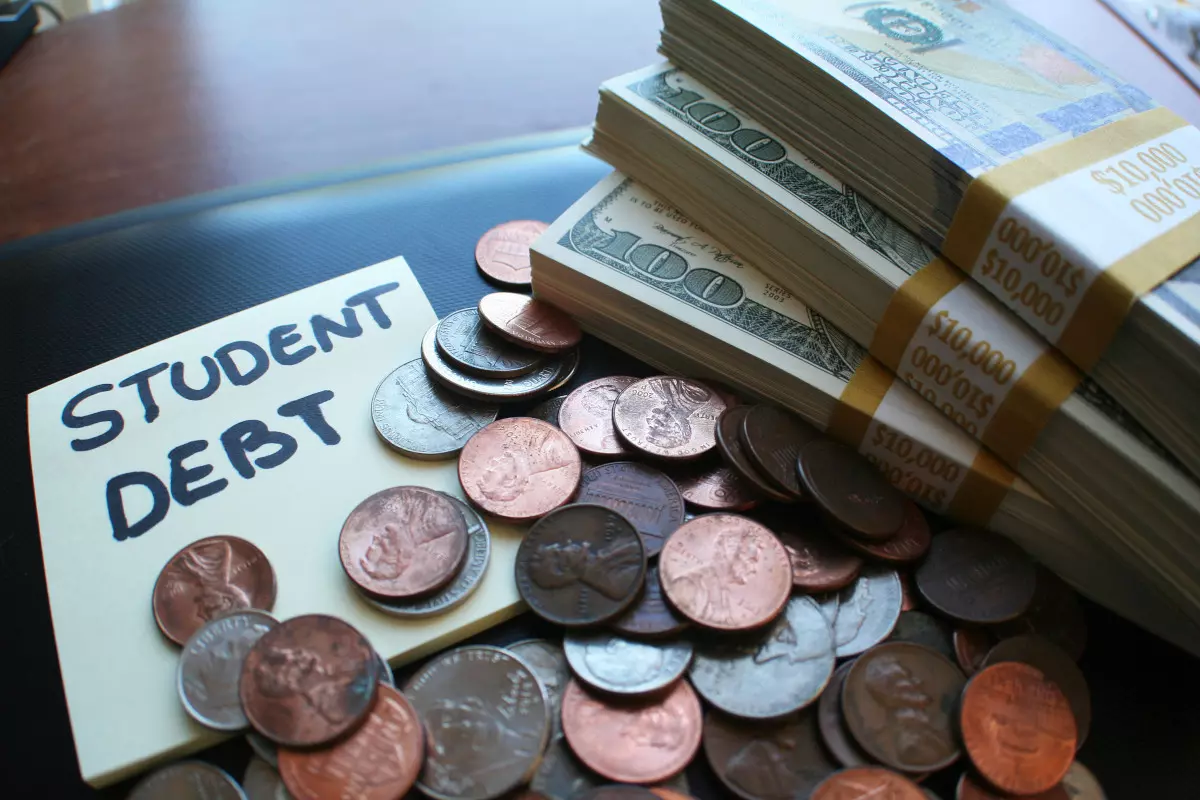
Student loans can cause a lot of stress and anxiety. The majority of students struggle with debt for many years after graduation. If you take action as soon as you feel like you’re going to have trouble with the repayment, you are more likely to avoid penalties.
Table of Contents
- The Effects of Not Paying Off Student Loans
- Private Loans
- Federal Loans
- After Graduation
- 15 Days Overdue
- 90 Days Overdue
- 270 Days Overdue
- How to Get Out of the Situation?
- Change Your Repayment Plan or Refinance
- Get Deferment or Forbearance
- Apply for Student Loan Forgiveness
- Types of Student Loans
- Federal Student Loan
- Private Student Loan
- Final Thoughts